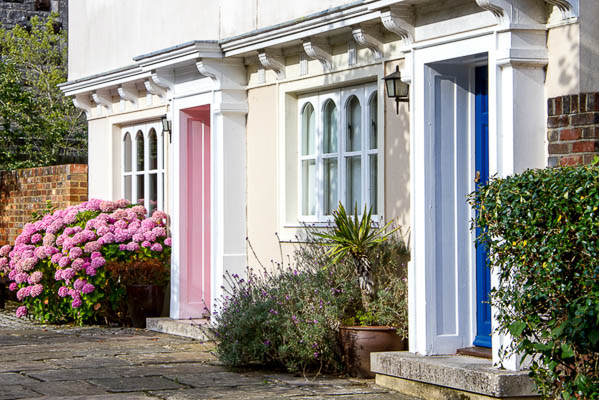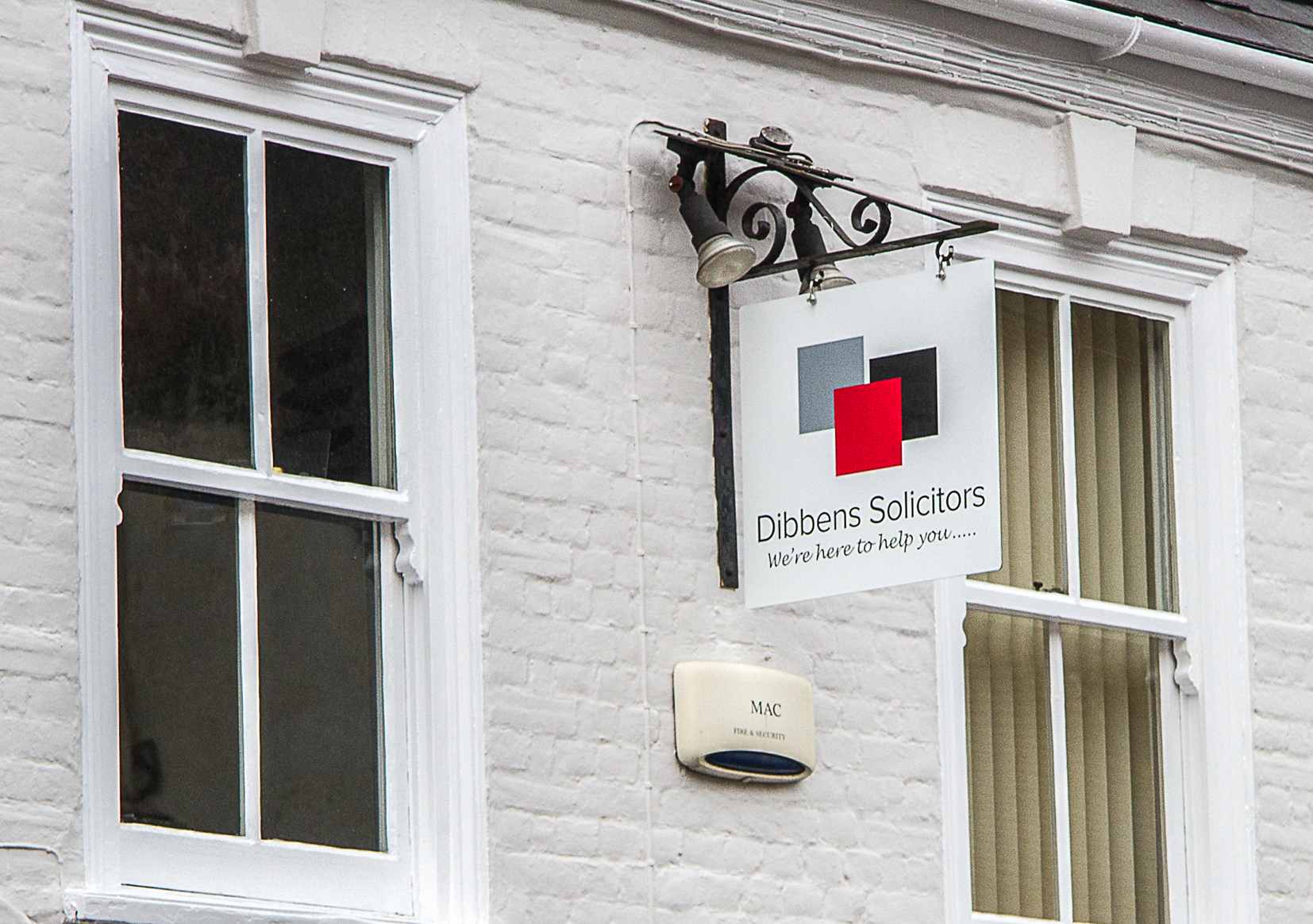Buy to Let has been active part of the Property market since the mid 1990’s and has increased in popularity. It has been considered by many as an alternative investment to more traditional pension planning.
Dibbens Solicitors are well placed to advise you on the purchase of the property to rent out and in connection with the subsequent letting of the property.
A Buy to Let Property is often considered as a residential purchase as it is going to be used for residential letting however if you mortgage the property then the buy to let mortgage is treated as a commercial mortgage product and the normal protections for a residential borrower do not apply.
If you are considering purchasing a Property to let it out then you need to spend some time understanding the letting market and the regulatory requirements. There are some excellent websites provided by landlords associations for guidance in this respect and summarising regulatory requirements which you will need to meet.
Different requirements arise depending upon whether the Property is to be let out to a family (sole occupation) or whether it is being let to a group who do not have have relationship to each other.
Dibbens can advise both Landlords and Tenants on their legal position in connection with renting their property and provide guidance in meeting the regulatory requirements and Stamp Duty position.
If the Property is being let out to a family whilst there are regulations still to be met they are less onerous than those arising potentially where the property is let to an unrelated group which will be categorised as a House in Multiple Occupation (HMO) An HMO may or may not have to be registered. The rules which apply to these circumstances are quite complex and advice needs to be obtained.
If the owner of the property has to register with the Local Authority then the rules and requirements are substantial and there are cost implications. A typical residential house where there are no more than four occupiers although still a HMO is unlikely to be registered. However there are certain parts of the country where registration is necessary.
In certain parts of the country using a property as an HMO requires specific planning permission unless there was an historic use.






